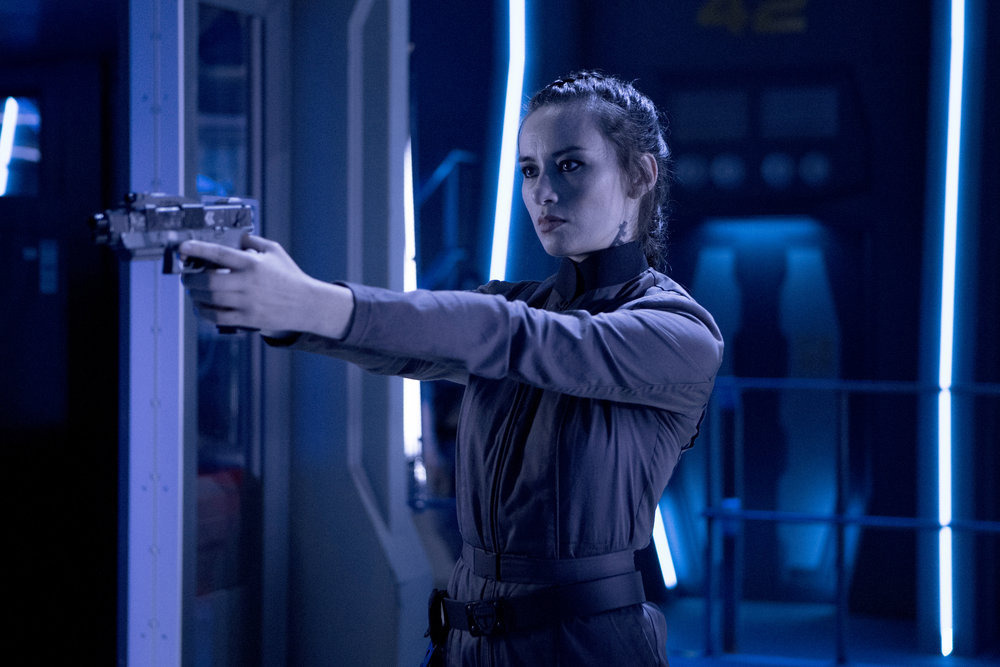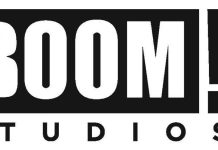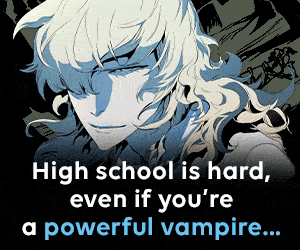By Carolyn Hinds
Change is inevitable, and as a species, humans in general don’t like change but we also know that with that comes a chance to grow and be better. We hope that despite the fear that comes with confronting the unknown, our courage will be rewarded, and for the characters of The Expanse the new worlds opening up to them are beautiful and terrifying, and for the Belters in particular, they have to trust and believe that the future means freedom from the oppression they’ve experienced for generations.
During a press junket hosted by Amazon Prime Video for the newest season of The Expanse, I spoke with Cara Gee who plays Camina Drummer, about the Drummer’s new role as a captain, what the future means to The Belt, their culture, identity, and how their story is relatable to audiences and fans (like ourselves) who see similarities to our own cultures.
CH: I’m from the Caribbean and each island has its’ own distinct dialect and accent, but we’re all still part of this giant chain of islands, which is different to living on a continent. The way I see it, for Belters, The Belt is like the Caribbean. They have their own dialects and sub-cultures they created on these individual asteroids in space, and despite the distance between them they still have a community and culture that binds them as a people, which Drummer has always taken great pride in, but with Belters looking to leave, it seems she’s afraid that their culture will change and will eventually be lost.
CG: I think that’s exactly what she’s afraid of…and also because she has fought for Belter sovereignty in this particular way, with every fiber of her being. She has trained, she has pushed through such intense physical pain, emotional pain, spiritual pain, all with this very particular image of what a unified Belt looks like. So, now that that has shifted so radically, it definitely shakes her sense of self, her approach…I think she’s definitely intimidated. You see that in episode one in that conversation she has with Naomi.
It causes that kind of a personal rift between those two dear friends, and she says “In a few generations our children won’t know who we are”. And I understand that, and I think that to me, it sparks a conversation about what does it mean to hold onto you culture in the face of shifting change. What does it mean to hold onto your culture in time, how do you grow? What elements can you bring with you into the future, how do cultures change over time? I think it’s a really beautiful thing to think about. What makes you who you are.
CH: It would be interesting to see, because for them, they’re going to have the opportunity to determine what each new culture on the various planets, will be. Having been oppressed for so long, their identity was formed under oppression, colonization and others being domineering over them. Even changing the name of Ilus to New Terra is a sign of them exerting their own dominance already. It’s very special and new to see a people discovering entire new planets where they’re the first people to have the opportunity to decide who they want their community to grow. We know what immigration looks like, as an Immigrant I left my home to move to a country where I knew I would find others from Barbados and the Caribbean, but for Belters they don’t have an established community to rely on.
CG: I’m First Nations, that’s my background. I’m Ojibwe…and so being part of a culture that has experienced genocide and economical and cultural oppression, and looking at how…in the United States it was like…the 1970s and then Canada it was [until] the 1950s-ish that our ceremonies were illegal. Now that these ceremonies and spiritual practices are no longer illegal, but had been pushed underground for so long, and they’re experiencing this resurgence, I think to me that is a really important question of what do you take with you, what do you keep, how do you hold on, and not just looking back but looking forward.
How do cultural norms within a community shift? I know there’s a lot of conversations in First Nations ceremonies about what places women have in certain ceremonies, and what items of clothing can be worn if traditionally it was a longer skirt, like how do we bring that into the future. And there’s a lot of tension around those conversations, around women drumming in specific ways. There’s a lot of conversation around that, so I think a lot of people from surely many different cultures can relate to as we look forward. Change is inevitable, so how do you move with it?
CH: In season three Drummer was severely injured when she placed herself in harms way to protect Klaes Ashfrod (David Strathairn) and I have to admit I was very upset at the possibility of her dying not only because I’m a fan of the character, but it would’ve been a shame to no longer have you the only First Nations actress in a major role on television, when there is always very little representation of First Nations (and Native Americans) in the television and film industry as a whole.
CG: Well, yeah, she’s had a couple near death experiences, and I feel it was really exciting at the end of season three when she’s in that elevator shaft because anyone who’s read the books, knows I’m taking over the Bull [Carlos “Bull” de Baca] storyline, so that moment where she’s ready to sacrifice herself with those bombs, everyone would be thinking “Oh, this is it for her.”
CH: There was also the issue where her death would’ve been the result of her sacrificing herself for a white man.
CG: I know, I know…but no, and they keep subverting that in the show all the time and it is a dream because they’re aware of that. What a dream it is to work with a bunch of people who are aware. My first day on set, I sat down at lunch with Daniel Abraham, one of the writers of the books, and I thanked him. I said “Thank you so much for casting this show so diversely.” I said “When I go into this audition room, I feel like I actually have a shot at this role.” It’s not like eighty percent of the time when I walk into a room and it’s blond white women, and I have to change the casting director’s idea of what is even possible with this role on top of doing the work of acting, and it’s you know this sort of other job that you have to do. And I said I didn’t feel that way.
When I walked into this audition I knew that I had a shot of being a part of this world for being who I am, and it made a big difference, and he was eating his lunch and was like “Well, yeah, we have to dismantle white supremacy.” [laughs], and I was like “Oh! Oh, I’m with my people here.” So, yeah, it’s been a dream to work with this group of people.
CH: There are many people who are in leadership positions on the show, and each person has their own way of leading and dealing with situations and the people they’re in charge of, what will Drummer’s leadership style be and how will it affect her?
CG: I don’t think she ever expected to be captain of the Medina Station in the middle of the ring space, like that is the universe changing and all of a sudden we have this strategic piece of land so to speak, and how do we manage it, how do we get ahead, how do we play this game? And I think there’s so much value in thinking about how violent Earth has been. What is our threshold for violence here? I don’t know, I think it’s easy to look at the Belters as the most violent sect, even though the most violent sects of the Belters are justified in a way, depending on how much blood you want on you hands. And is that the measure? Is that the measure of what is just? I don’t know, I’m glad that I don’t have to decide.
While you’re here, make you sure you check out the rest of the Beat’s coverage of The Expanse!












